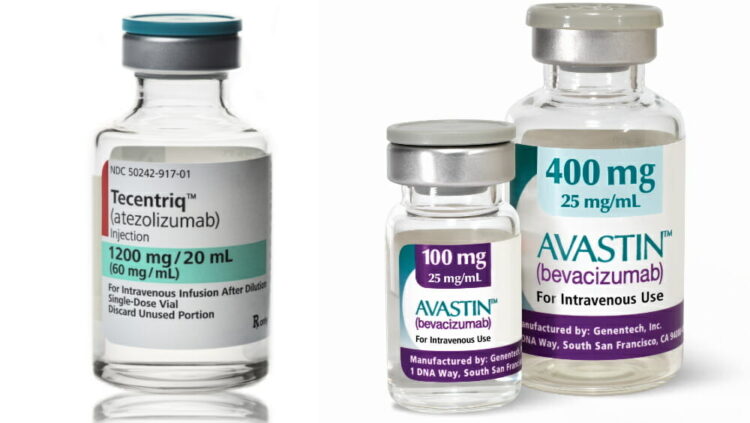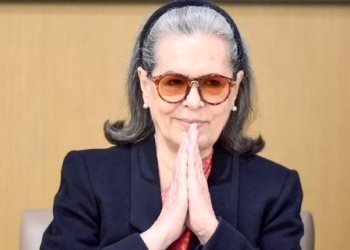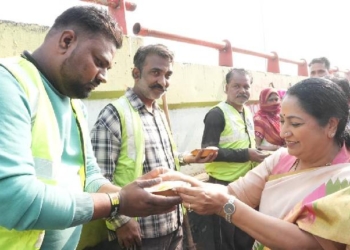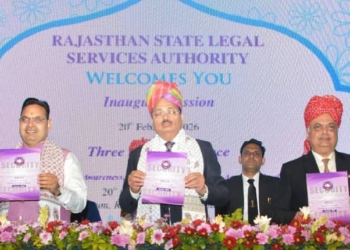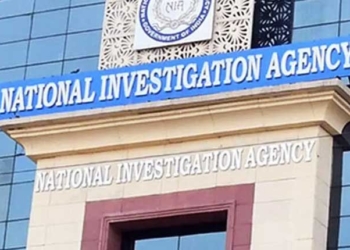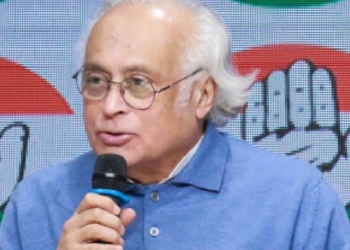New Delhi: A novel combination of drugs has shown to be a breakthrough in liver cancer treatment with a significant number of patients showing promising results in terms of overall and disease free survival, and even complete resolution of tumour in certain cases when detected early and with timely treatment, say Indian researchers.
The drug combination Immunotherapy Atezolizumab-Bevacizumab uses the immune system of the body and kills the cancer cells, said doctors at the Asian Institute of Gastroenterology (AIG), Hyderabad.
Their study, published in the Journal of Clinical and Experimental Hepatology, showed that the combination is safe and effective in unresectable hepatocellular carcinoma (uHCC) in real-world settings.
With the right selection of patients, atezolizumab-bevacizumab can achieve a good response in terms of survival period and disappearance of tumour (resolution of tumour).
“Immunotherapy such as atezolizumab and bevacizumab can provide a decent survival chance for patients presenting at an advanced stage of liver cancer. It is an excellent therapy for patients with advanced liver cancer,” said lead author Dr. Anand Kulkarni, Senior Consultant from the Department of Hepatology & Liver Transplantation at AIG.
“With the conventional line of treatment, it is difficult to achieve complete resolution of the tumour. However, with atezolizumab and bevacizumab, we noted that approximately 10-13 per cent of patients achieved complete resolution of tumour, and up to a quarter achieved partial resolution. These drugs must be given under supervision every 3 weeks and are not suitable for all patients, especially patients with jaundice,” he added.
As part of the study, 67 patients, aged between 29-82 years, with unresectable hepatocellular carcinoma received the Atezolizumab-Bevacizumab combination. The study involved 59 patients from AIG Hospital, Hyderabad and eight patients from Mahatma Gandhi Medical College, Jaipur.
About 86 per cent participants were males. The study was conducted across the two centres from November 1, 2020, to July 1, 2022.
Researchers highlighted that 12.9 per cent of patients achieved complete resolution of tumour, and 25.8 per cent achieved partial resolution or shrinking of tumours.
Overall, the disease did not progress in 66.12 per cent of the patients studied. In patients with good liver function, overall survival was 21 months. Most patients with liver cancer present at an advanced stage making treatment a challenge.
However, if they have a good liver function and are treated with Atezolizumab-Bevacizumab combination, it can improve the chances of survival. The study also showed that the patients who had received local radiation therapy and Atezolizumab-Bevacizumab combination had better response rates.
This shows that Atezolizumab and Bevacizumab combination can be highly effective in patients who have undergone local radiation therapy.
The study also discovered the rising incidence of non-alcoholic steatohepatitis (NASH) as an emerging cause of liver cancer.
Globally, liver cancer is the fourth most common cause of cancer-related death worldwide and in India it is the eight most common cause of cancer related death. The reason for this is a sedentary lifestyle, unhealthy dietary habits, and an increasing incidence of diabetes.
(IANS)




